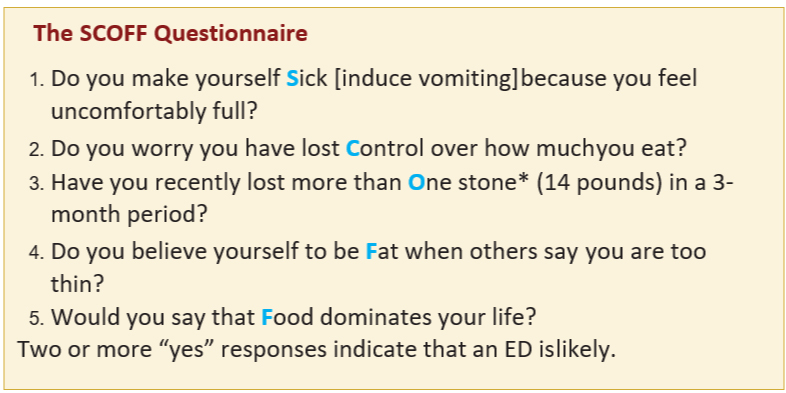Eating Disorders (EDs)
Source for the discussion in this page: SAMHSA Advisory – Clients with Substance Use and Eating Disorders, February 2011, Volume 10, Issue 1 – Accessed May 31, 2021 from https://store.samhsa.gov/sites/default/files/d7/priv/sma10-4617.pdf
Although researchers have called for integrated treatment of SUDs and EDs, few programs provide such treatment.
An analysis of National Treatment Center Study data found that, of 351 publicly funded SUD treatment programs surveyed, only 16 percent offered treatment for co-occurring EDs
At Milwaukee Women’s Recovery Center, we screen all clients for Eating Disorders (EDs); and we refer clients with the possible presence of an ED for specialized treatment.
Eating disorders (EDs), which cause serious health problems and can be fatal, frequently co-occur with substance use disorders (SUDs).
People often use food and substances to help them cope.
A person in recovery from an ED often uses substances to cope with the stresses of recovery.
Similarly, a person in recovery from an SUD may use disordered eating to cope with or to compensate for the lack of chemical reinforcement.
EDs are characterized by disturbed eating patterns and dysfunctional attitudes toward food, eating, and body shape.
The primary features of EDs are similar to those of SUDs: compulsive use or behavior, loss of control, and continuing behavior despite negative consequences.
Genetics and other biological factors, as well as environmental factors, appear to be involved in the etiology of EDs, although exact mechanisms remain unknown.
The Diagnostic and Statistical Manual of Mental Disorders describes three diagnostic categories for EDs: anorexia nervosa (AN), bulimia nervosa (BN), and eating disorder not otherwise specified.
Co-morbidity estimates of SUDs and EDs are provided in the following table:

-
-
-
- Medical stabilization.
- Nutritional rehabilitation.
- pharmacotherapy
- Psychosocial treatment.
-
-
At Milwaukee Women’s Recovery Center, we screen all clients for Eating Disorders (EDs). We use the standardized screening questionnaire “SCOFF” to assess the possibility that a client may be experiencing an ED.
At Milwaukee Women’s Recovery Center, Inc., we understand that clients in SUD treatment may be confused or defensive about being asked questions regarding their eating and body image.
Our counselors prepare clients by explaining that:
-
-
-
- EDs commonly co-occur with SUDs.
- Addiction and appetite have a similar impact on the brain in terms of motivating behavior.
- Drug-seeking behavior can be increased by malnutrition.
- Nutritional support can make treatment from SUDs more effective.
-
-
We always ask the client for permission to pursue ED screening (e.g., “May I ask you some questions about your eating habits?”).
The SCOFF questionnaire is a simple, five-question screening measure to assess the possible presence of an eating disorder. It was developed in the United Kingdom in 1999.

At Milwaukee Women’s Recovery Center, clients with the likely presence of ED are referred to either an inpatient or an outpatient ED specialist, including the nationally known programs at:
Rogers Behavioral Health – https://rogersbh.org/resources?topics[]=3649
The Reddi Clinic – Eating Disorder Treatment Program ~ The REDI Clinic ~ Milwaukee

